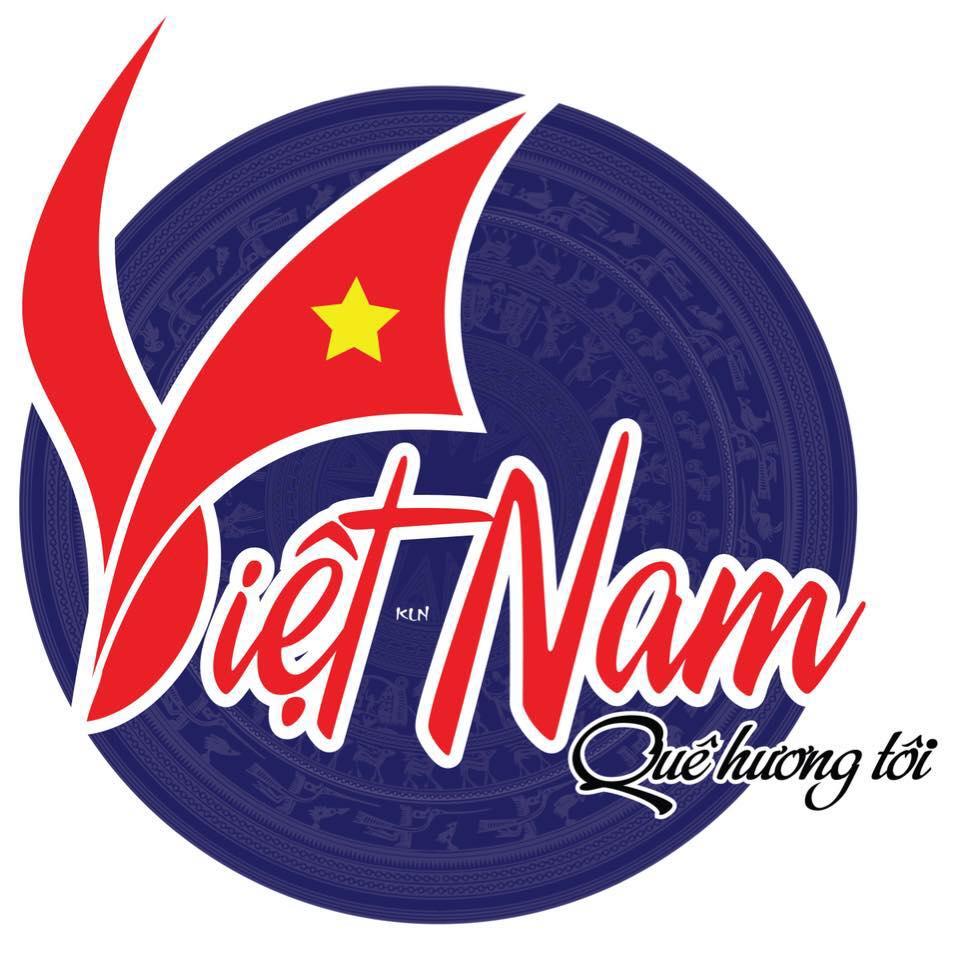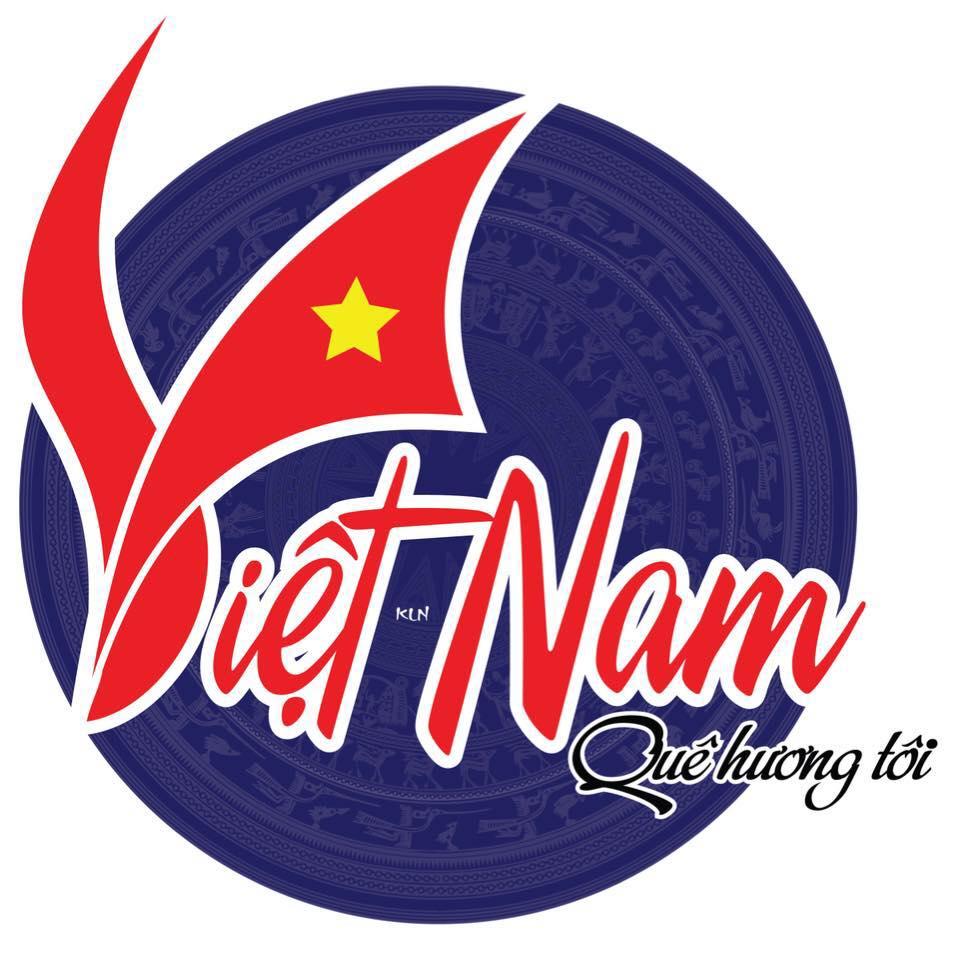Cryogenic Vial Labeling
Cryogenic vial labeling ensures accurate sample identification and traceability. Advanced labeling technologies allow information to remain legible under extreme cold and during multiple freeze-thaw cycles. Proper labeling is essential to maintaining sample integrity and regulatory compliance.
Cryogenic Capsules Market: Innovations, Trends, and Growth Prospects
The Cryogenic Capsules Market has witnessed significant evolution over the past decade, fueled by advancements in biotechnology, healthcare, and pharmaceuticals. Cryogenic capsules, designed to store biological samples at ultra-low temperatures, have become indispensable for laboratories, research institutions, and healthcare providers. These capsules ensure the preservation of cells, tissues, and other sensitive biological materials, making them a critical component in medical research and the biotechnology sector.
Understanding Cryogenic Capsules
Cryogenic capsules are specialized containers that maintain extremely low temperatures, typically below -150°C. They are primarily used for the storage of biological materials such as stem cells, blood plasma, and vaccines. These capsules employ advanced insulation technologies and are compatible with liquid nitrogen storage systems to ensure the integrity and viability of stored samples over extended periods. The demand for reliable cryogenic storage solutions has surged with the increasing prevalence of regenerative medicine, organ transplantation, and cell therapy research.
Key Drivers of the Cryogenic Capsules Market
Several factors contribute to the growth of the Cryogenic Capsules Market. Firstly, the rising adoption of regenerative medicine and stem cell therapies has created a strong demand for effective storage solutions. Secondly, the expansion of biobanking activities worldwide, where biological samples are collected, stored, and utilized for research purposes, has intensified the need for high-quality cryogenic capsules. Additionally, increasing investments in healthcare infrastructure, particularly in emerging economies, are providing a boost to this market segment.
The market is also witnessing technological advancements aimed at improving the durability, safety, and capacity of cryogenic capsules. Manufacturers are now focusing on user-friendly designs, automation capabilities, and enhanced insulation materials. These innovations help laboratories and hospitals reduce operational costs while ensuring sample safety. For more detailed insights, you can refer to this Cryogenic Capsules Market report.
Market Segmentation
The cryogenic capsules market can be segmented based on product type, application, end-user, and region.
-
By Product Type: Cryogenic capsules are available in various materials such as plastic, aluminum, and stainless steel. Plastic capsules are widely used for single-use applications, whereas metal capsules are preferred for long-term storage due to their durability and thermal conductivity.
-
By Application: The key applications include cell and tissue storage, blood and plasma storage, vaccine storage, and research purposes. Stem cell banking and reproductive medicine have emerged as the fastest-growing applications, driving demand for advanced cryogenic solutions.
-
By End-User: Hospitals, research laboratories, biotechnology firms, and pharmaceutical companies form the major end-user segments. Hospitals and clinical laboratories are increasingly investing in cryogenic storage systems to support advanced treatment options and clinical trials.
Regional Insights
The Cryogenic Capsules Market exhibits significant regional variations in terms of demand and growth opportunities. North America dominates the market due to well-established healthcare infrastructure, extensive biobanking activities, and high adoption of advanced medical technologies. The United States, in particular, is a major hub for stem cell research and regenerative medicine, driving the demand for cryogenic storage solutions.
Europe follows closely, with strong research initiatives and government support for biotechnology and healthcare innovation. Countries like Germany, the UK, and France are witnessing steady adoption of cryogenic capsules across hospitals and research centers.
The Asia-Pacific region is emerging as a high-growth market due to increasing healthcare spending, rising awareness of regenerative medicine, and the expansion of biotechnology research. India, China, and Japan are expected to witness robust growth over the coming years, driven by favorable government policies and growing investments in biopharmaceutical infrastructure.
Challenges and Restraints
Despite promising growth prospects, the cryogenic capsules market faces several challenges. High manufacturing costs, coupled with the need for specialized storage facilities, can act as barriers for smaller institutions. Additionally, maintaining strict quality standards and regulatory compliance is crucial to ensure sample integrity, which can further increase operational costs.
Environmental concerns related to liquid nitrogen usage and energy-intensive storage systems are also prompting manufacturers to explore more sustainable and eco-friendly solutions. Addressing these challenges will require innovation, cost optimization, and adherence to regulatory guidelines.
Future Trends and Opportunities
The future of the Cryogenic Capsules Market looks promising, driven by technological advancements and growing applications in healthcare and research. Some emerging trends include:
-
Automation and Digitalization: Integration of automated storage and retrieval systems with cryogenic capsules is enhancing efficiency, reducing human error, and improving sample traceability.
-
Sustainable Solutions: Manufacturers are exploring alternative insulation materials and energy-efficient storage systems to minimize environmental impact.
-
Customized Solutions: Tailored cryogenic capsules designed for specific applications such as stem cell banking, fertility clinics, and vaccine storage are gaining popularity.
-
Expansion in Emerging Markets: As healthcare infrastructure improves and biotechnological research grows in regions like Asia-Pacific and Latin America, the demand for cryogenic capsules is expected to surge.


